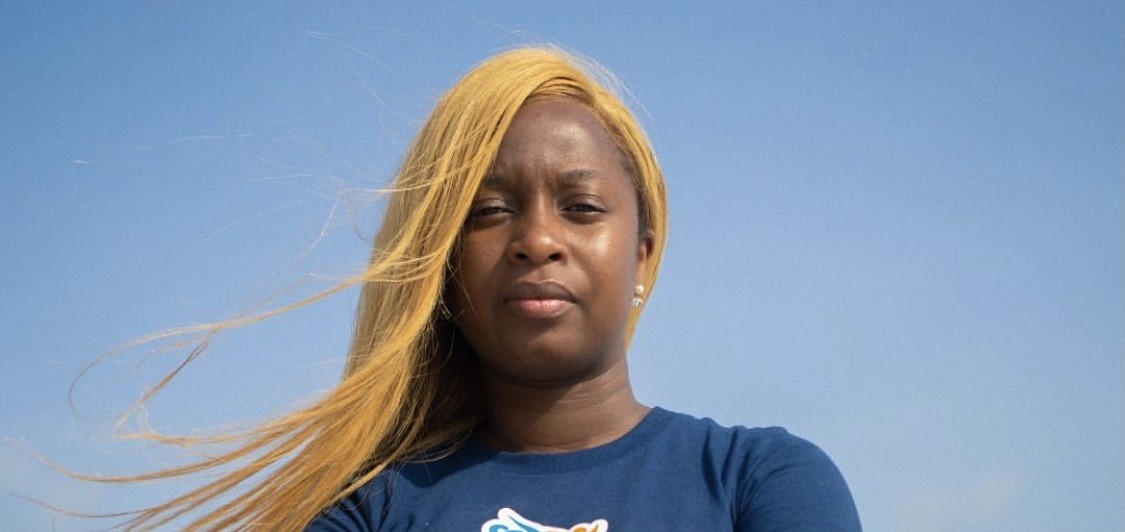Long before climate change became a watchword, Doyinsola Ogunye, a lawyer turned environmentalist, has been on a mission to rehabilitate Nigeria’s waterways one beach at a time.
When she was a child, Doyinsola Ogunye’s father hoped she’d become a lawyer. He even dreamed of her becoming a Senior Advocate of Nigeria. And that’s what might have happened until Ogunye relocated to another part of Lagos State.
“It was very dirty,” she remembers. “I wasn’t used to that amount of filth and that was what triggered my interest in the environment.”
In 2009, while still at university, Ogunye started the Kids Clean Club in order to teach children and teens about the importance of caring for the environment. This still often isn’t a concern in daily Nigerian life. The initiative focuses on tree planting, recycling and removing trash from coast lines across Nigeria’s commercial capital city of Lagos, with the objective of instilling in young participants, mainly from schools and communities near to beaches, a heightened sense of responsibility towards the environment. She hoped this attitude would ripple across generations.
For Ogunye, the logic is clear: “I tell the children, ‘Fine, you can’t change laws, you can’t vote, but you can clean your environment and make Nigeria cleaner from this simple act.'” This includes sorting flotsam into recyclables and disposable heaps as well as planting trees in schools and on the beach for shade.
But in Nigeria, things often become more complicated. Unenforced laws and the lackadaisical attitude of Nigerians towards waste management and wildlife frustrates the efforts of environmental activists and conservationists. Case in point, when locals got wind of Ogunye’s work to protect sea turtles, they sought to extort money from her in exchange for releasing a large leatherback turtle in their possession.
Ogunye’s non-profit organisation has saved 40 turtles, something she credits to her law degree.
“There are those on the beach who would poach a turtle, display it and wait for empathetic, well-meaning people to come around to extort money from them,” says Ogunye. She adds that crafty poachers are likely pretend to release wildlife only to recapture them.
Eventually, after four hours of negotiating with the poachers, they freed the leatherback turtle without any financial reward. Since 2015, Ogunye’s non-profit organisation has saved 40 turtles, something she credits to her law degree.
“I used to tease [my dad] that I am a Senior Advocate of Nature,” she said. “When I go to rescue turtles, I tell poachers: ‘I’m a lawyer, I know the law so release the turtle.’ And, immediately, most of them do.”
A member of the Recyclers Association of Nigeria, Ogunye has partnered with the Lagos State government, companies and cooperatives to create public awareness on ways to generate wealth through recycling plastics, glass bottles, wood, compost and paper liable to end up in landfills. Similarly, she is working to expand the Kids Clean Club to 20 locations around Lagos State in an effort to reach more kids for the purpose of educating them on the environment and the benefits of recycling.
It’s this practical approach that could change attitudes. “If we can start looking inwards at what we can do within our communities,” she says, “I’m very sure Nigeria will be a better place.”
With thanks to Africa No Filter who made this series possible.
